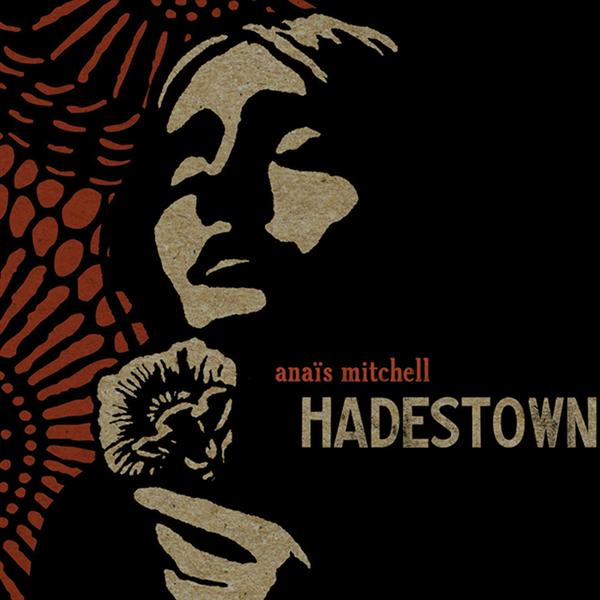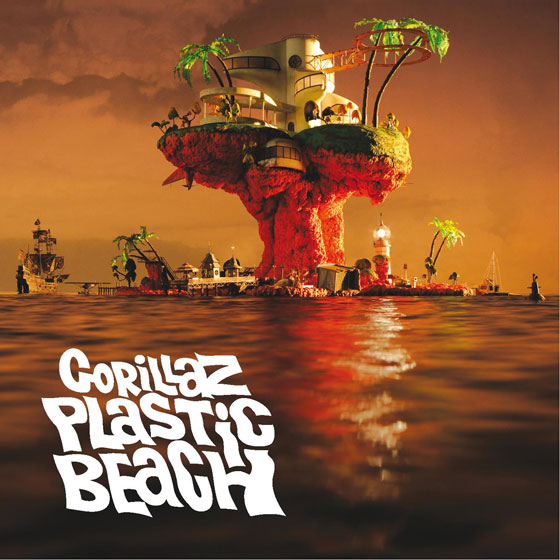May 24, 2010
Legendary Pittsburgh radio personality Chuck Brinkman returns to the local airwaves again on WRCT — this time, saluting the music and memories of 1964. “Chuck Brinkman Remembers 1964” will be heard from 10 a.m. to 1 p.m. Memorial Day, Monday, May 31, and at www.wrct.org.
A member of KQV’s famous “Fun-Lovin’ Five” from the ’50s through the ’70s and a personality at Pittsburgh’s WTAE and Y-97, Brinkman currently resides in Texas.
Monday’s show is Brinkman’s second special on WRCT. On Christmas Eve 2009, Brinkman hosted a countdown of the top songs of 1963.
The program is being produced locally by WRCT’s Jay Thurber.


